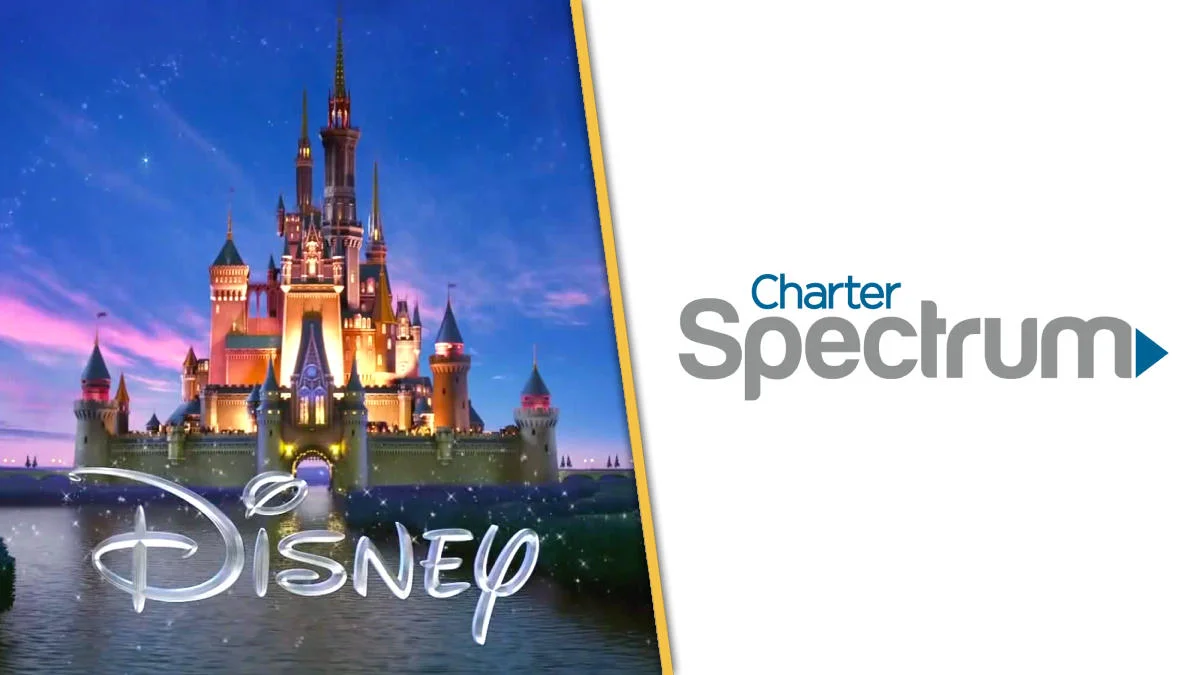Fans of sports and Disney content were left reeling as Disney, one of the entertainment industry’s giants, severed ties with Charter Spectrum, one of the nation’s largest cable providers. This dramatic move unfolded even as Disney-owned ESPN networks actively covered major live sporting events, such as the US Open and college football, leaving viewers in the lurch.
The “Video Ecosystem” Conundrum
Charter Communications, in response to this development, painted a picture of a “broken video ecosystem.” The cable provider claimed that Disney had insisted on a traditional long-term contract with elevated rates and limited flexibility in channel packaging. Consequently, Disney rejected Charter’s proposal and pulled the plug on its video channels for Charter’s video subscribers on August 31.
The Cost Contention
Central to this dispute is the contention over the financial terms of the contract. Charter argues that Disney’s proposal would result in a substantial cost increase for subscribers. Moreover, they would be required to pay for channels they might not wish to watch. Such arrangements have been the norm in the cable industry for decades. However, with the rise of the streaming model, both channel owners and cable providers are facing new challenges.
Charter Spectrum currently boasts 14.7 million video subscribers, highlighting the magnitude of the disruption caused by the sudden programming blackout.
Disney’s Response and Market Dynamics
Disney Entertainment, in its response, emphasized its successful dealings with pay TV providers of all sizes across the country. The company asserted that the rates and terms it was seeking for the renewal were aligned with market standards. Disney expressed its commitment to reaching a mutually agreeable resolution with Charter and urged the cable provider to collaborate to minimize the inconvenience to its customers.
Impact on Sports and Entertainment
This dispute has had a tangible impact on sports enthusiasts and viewers of Disney’s content. Notably, sports events, including a football game between the University of Florida and the University of Utah and a US Open tennis match featuring the No. 1 men’s player, Carlos Alcaraz, and Lloyd Harris, were affected by the blackout on ESPN.
US Open Tennis voiced its disappointment, stating, “We’re very disappointed for our fans and viewers around the country that Spectrum and Charter could not resolve their dispute with Disney, resulting in a loss of ESPN coverage of Thursday night’s matches. We’re hopeful that this dispute can be resolved as quickly as possible.”
The Broader Context
Disagreements over carriage fees and programming have become increasingly common, especially as cord-cutting and streaming continue to disrupt the traditional cable TV landscape. These disputes, at times, escalate into contentious showdowns, as seen in Disney’s resolution of a conflict with the streaming service YouTube TV in 2021.
As cable TV providers and content creators grapple with the evolving dynamics of the entertainment industry, viewers may find themselves caught in the crossfire. The outcome of this clash between Disney and Charter Spectrum remains uncertain, but it underscores the shifting tides in the world of televised entertainment, where traditional and streaming models vie for dominance, leaving both industry giants and consumers in uncharted territory.




